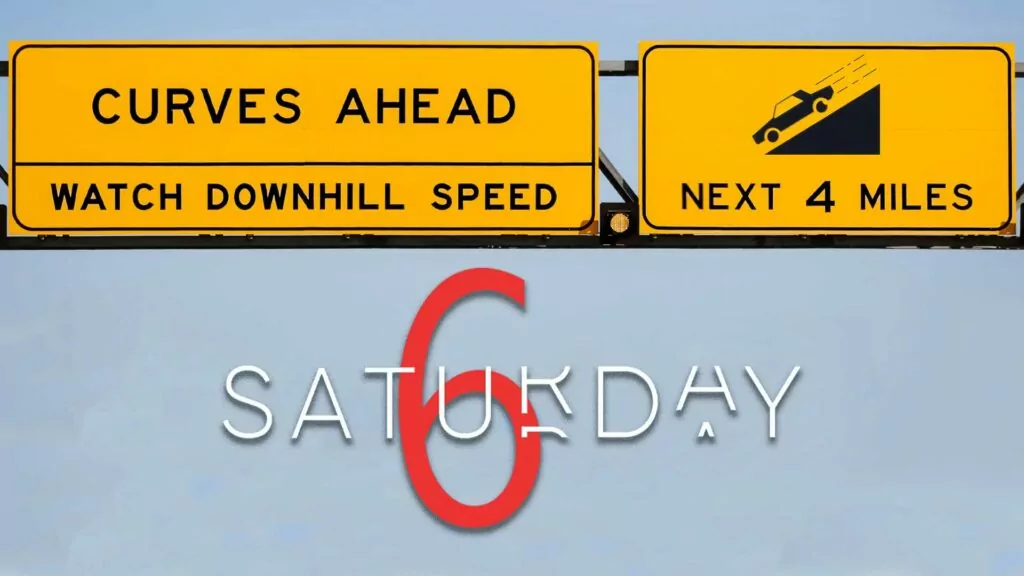In the middle of a leaders’ coaching session, focusing on how they engaged in difficult conversations with their teams, I began to notice a theme. These leaders were frustrated with the lack of ownership for bad attitudes on the part of some of their team members.
I was also not “hearing” much, if any, sense of ownership regarding their own attitudes with these frustrating team members. I asked a couple of questions:
- Have you ever delivered a “bad” attitude in response to a team members’ “bad” attitude?
- What did you do when you realized your error (assuming you did)?
Most in the group had not done anything regarding their own gap in attitude. Another question was asked: When is the last time you offered an apology to someone with whom you made a mistake? To my very great surprise over half of the group had never apologized – EVER!!
Even the boss isn’t perfect
This was a group of leaders with spouses, kids, involved in the community and entrusted with the leadership of people in the business they were helping to lead. How could this be? This was a group in which almost all claimed faith in Christ and yet most had never owned up to their mistakes at work, home, or in their communities.
It became clear that something was really wrong! The lack of character in this group was troubling. The feeling of unease became palpable as they realized the hypocrisy of what was just confessed. I felt for them. The planned agenda was dropped and I proceeded to “teach” this group the “Art of the Apology.” Until they were willing to model the way and “own” an error in judgment or attitude, there was little sense in teaching anything else.
Before going further, I admit that in teaching the “Art of the Apology” it is not because I have it all figured out or find it easy to do. To be authentic and consistent has required much inner work on my part – and this work is surely a lifelong journey!
Our egos, left to their own devices, crave being right, being in charge, being in control. However, the way of our God & His kingdom is so very different. His way is one of letting go of those human drives and humbling oneself before Him and others. His way is one of fully embracing one’s identity in Him.
When we find ourselves in Him our sense of security and significance is bolstered. Our capacity to love, and not operate with fear, is strengthened. Because of Him we can own our mistakes and take the needed steps to apologize, forgive and potentially reconcile.
9 important words
On June 15, 1985, my good friend Luch Delmonte spoke at my wedding. In his charge to me and my bride, he included 9 words. He repeated these same 9 words at the weddings of each of our 4 kids. How’s that for a legacy!! Here are the 9 words that can change your life should you choose to live them:
“I am sorry, I was wrong, Please forgive me!”
These 9 words have provided such a wonderful framework to help ensure relational ease at work and at home. I cannot imagine the impact on me and on others without them. Can you?
A Deliberate application
- When is the last time you apologized for an attitude, words, and/or actions that were “offside”?
- How did you know they were “offside”?
- Describe what you were sensing in you and between you, God, and the other person?
- What does your internal conversation sound like when you work at avoiding an apology?
- What keeps you from living out Romans 12:18 – from taking responsibility in helping ensure peace between you and others?
- If you are responsible for any part of a relational disconnect, what is your part?
- When will you approach the person and offer the 9 words?
This is the 7th in a series on “Leadership of People and Culture” that have been appearing on the DeliberateU.com blog, and it is reprinted here with permission. DeliberateU is a Christian business leaders mentorship group.













